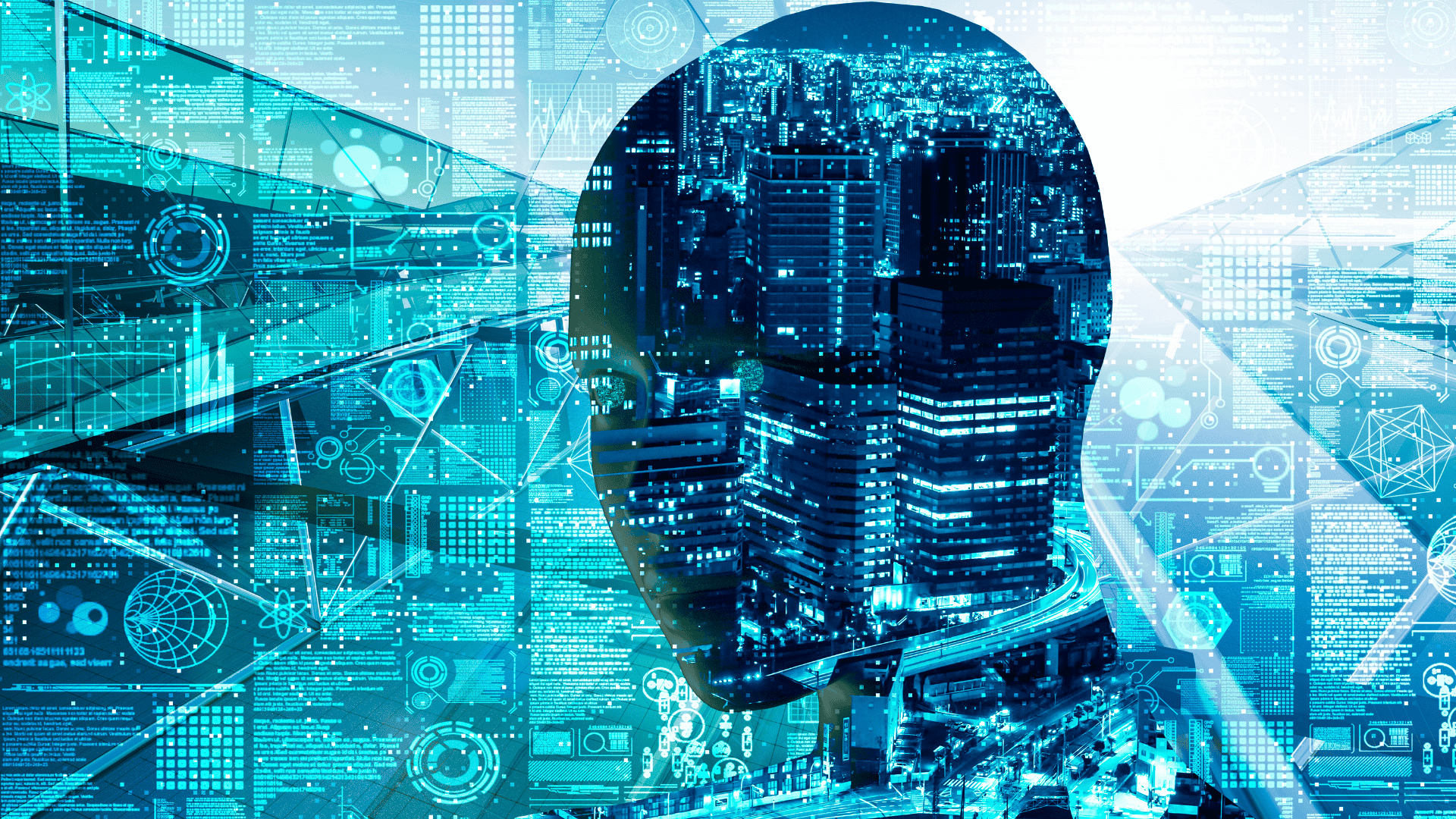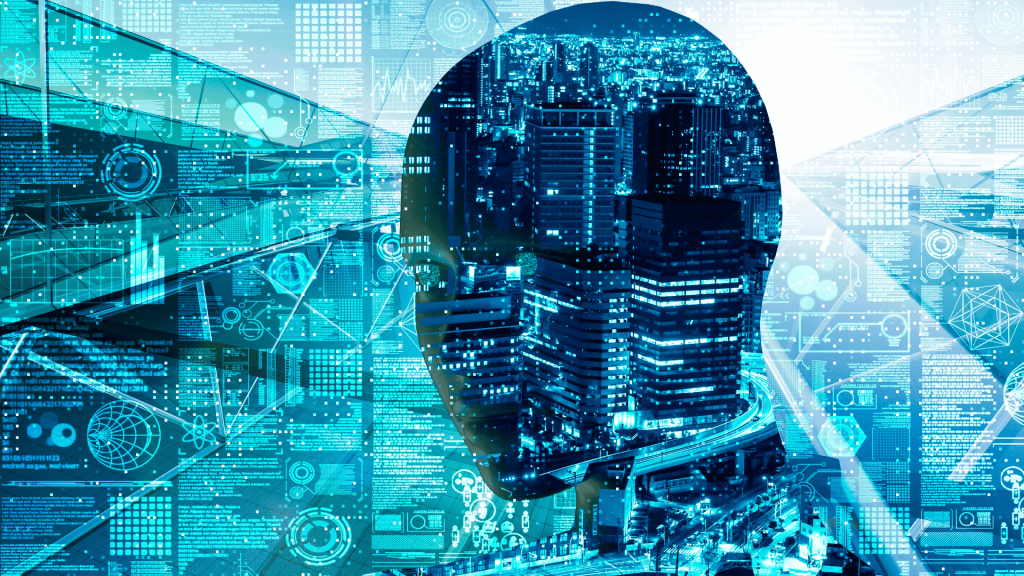Artificial intelligence (AI) is no longer the future—it’s actively shaping how we learn, work, and prepare for a world in constant evolution. From smart classrooms to AI-driven hiring decisions, AI is transforming education and global career development on a scale previously unimaginable. The transformation is not simply about efficiency—it’s about access, personalization, and opportunity.

Rethinking How We Learn
It was designed for conformity. Each student in a class followed the same course, in the same manner, at the same time, using the same outdated materials and inflexible timetables. AI is destroying that framework and building something more flexible—a learning model based upon individual learning styles, strengths, and needs.
The learning technologies of today learn in real time to the needs of students. Didn’t catch that one mathematics question? It gives you a hint or a video until you do. Tired of something being too easy in a class? It leaps ahead to maintain the challenge of learning. AI acts like an on-demand, adaptive tutor. And because it collects and interprets data about learning, it allows teachers to step in with targeted support where necessary.
It’s not mastering the curriculum alone. AI is augmenting soft skills development, career readiness programs, and even language acquisition. Voice recognition technology and AI chatbots allow students to rehearse conversation language in a second language in an artificial manner. The students receive instant feedback that is tailored to them and that classroom learning environments often cannot match.
Making Education Accessible to Everyone
One of the most powerful impacts of AI is that it can deliver quality education to all parts of the globe. Where schools do not have finances or competent teachers, AI-based solutions provide a lifeline that is critical.
Digital classrooms assisted by AI have the capability to offer interactive classes to rural or disadvantaged groups of students. Language barriers are eliminated by automated translation software, while low-bandwidth technologies ensure that learning is not disrupted by infrastructure gaps.
These advancements are making the system of education more globally connected. Students who were previously denied access to advanced courses can now engage in the same resources and tools as their peers in top institutions. The result? A fairer playing field where hard work and potential overcome geography.
AI and the Changing Landscape of Careers
It is not just education that is transforming. The employment world itself is being transformed by AI. The workforce of today—and tomorrow—requires flexibility, technical know-how, and the capacity to learn new things continuously. AI is helping chart those skills and keep workers aligned with evolving industry needs.
For job seekers, AI makes discovering and preparing for new jobs seamless. Career improvement tools assess your abilities, suggest areas you should work on, and offer training plans that map to your goals. They do not just measure what you can do—they also look at current trends in the market to prepare you for growing jobs.
Professionals looking to grow in remote-first, high-paying roles are increasingly turning to Crossover edu jobs to match their capabilities with global career opportunities.
This is a major shift. Instead of being limited to opportunities in their immediate surroundings, skilled workers are being connected with companies around the world, often without ever needing to relocate. AI isn’t just helping people find jobs—it’s helping them build international careers that might have once been out of reach.
From Degrees to Skills: A Shift in Hiring
AI is also overturning the traditional value of degrees. Although formal education still has some role to play, employers are increasingly interested in what candidates can do rather than where they were educated. Competency-based hiring is on the rise, and AI is assisting in determining actual competencies.
Instead of relying on resumes and interviews alone, companies use AI to assess applicants based on actual assignments, code tests, writing samples, and simulations. The premise is to try to understand how a person thinks and performs, not just what’s on paper.
This change in hiring has made changing careers more possible than ever before. A self-trained programmer with a good portfolio may have a better chance at a top role than an unexperienced degree holder. And with AI recommending tailored learning content, it’s never been simpler to fill those knowledge gaps and become employment-ready—no matter where you’re starting.”
Supporting Educators and Empowering Workers
There’s this myth that AI is replacing teachers or HR people. Actually, it’s doing the reverse—it’s creating more time and giving them better tools. AI does repetitive administrative tasks, like grading or resume screening, to allow humans to focus on strategy, mentorship, and meaningful interaction.
Teachers use AI to monitor student performance and intervene early if a student is falling behind. They also get feedback on what teaching approaches are working and what aren’t—allowing for continuous improvement. Similarly, hiring teams are using AI to source diverse candidates, reduce unconscious bias, and automate communication throughout the hiring process.
Employees, however, have greater autonomy over their own careers. They can take ownership of their development with on-demand learning, real-time performance management, and clear career path visibility—AI systems learning and evolving alongside them.
A Global Workforce Without Borders
Among the most exciting fruits of AI at work and in learning is the borderless workforce. Remote work is already common for most industries, and AI is hastening the trend. Automated time tracking, productivity metrics, and performance dashboards help global teams remain coordinated and held accountable.
For global employers, AI takes much of the complexity out of overseas recruitment that once made it challenging. Currency exchange, compliance, time zones—these are now issues to resolve. For workers, it is the chance to live wherever they desire, work with best-in-class companies, and earn equal pay—no matter where they started.
This is particularly revolutionary for emerging economies. Smart minds are now able to compete globally, with economic liberty and access to fresh disciplines and ideas accompanying it. So, AI isn’t just reshaping individuals—it’s reshaping communities and economies.
Looking Ahead: Responsible AI and Lifelong Learning
And, naturally, with such great change comes great responsibility. As we become a more and more connected world through AI, we must ensure that it’s being done responsibly and equitably. Data privacy, bias in algorithms, and digital literacy are issues that we must continually pay attention to.
But the potential is clear: a world where all people everywhere have access to quality education, can construct meaningful careers, and thrive in a global economy. It will require strong partnerships among teachers, technology firms, governments, and citizens.
And we’ll need to embrace lifelong learning—not just as a concept, but as a way of life. The pace of change is only increasing, and AI is not a destination. It’s a tool to help us adapt, grow, and reach further than ever before.

Founder Dinis Guarda
IntelligentHQ Your New Business Network.
IntelligentHQ is a Business network and an expert source for finance, capital markets and intelligence for thousands of global business professionals, startups, and companies.
We exist at the point of intersection between technology, social media, finance and innovation.
IntelligentHQ leverages innovation and scale of social digital technology, analytics, news, and distribution to create an unparalleled, full digital medium and social business networks spectrum.
IntelligentHQ is working hard, to become a trusted, and indispensable source of business news and analytics, within financial services and its associated supply chains and ecosystems










